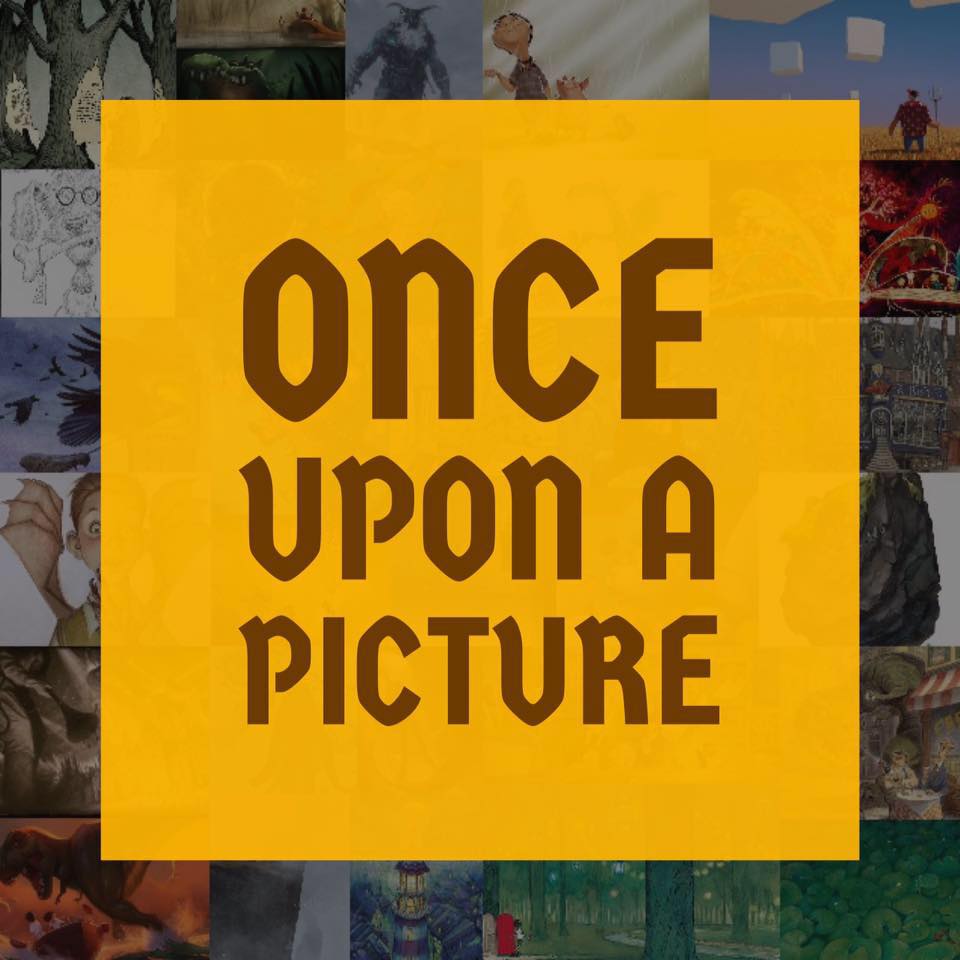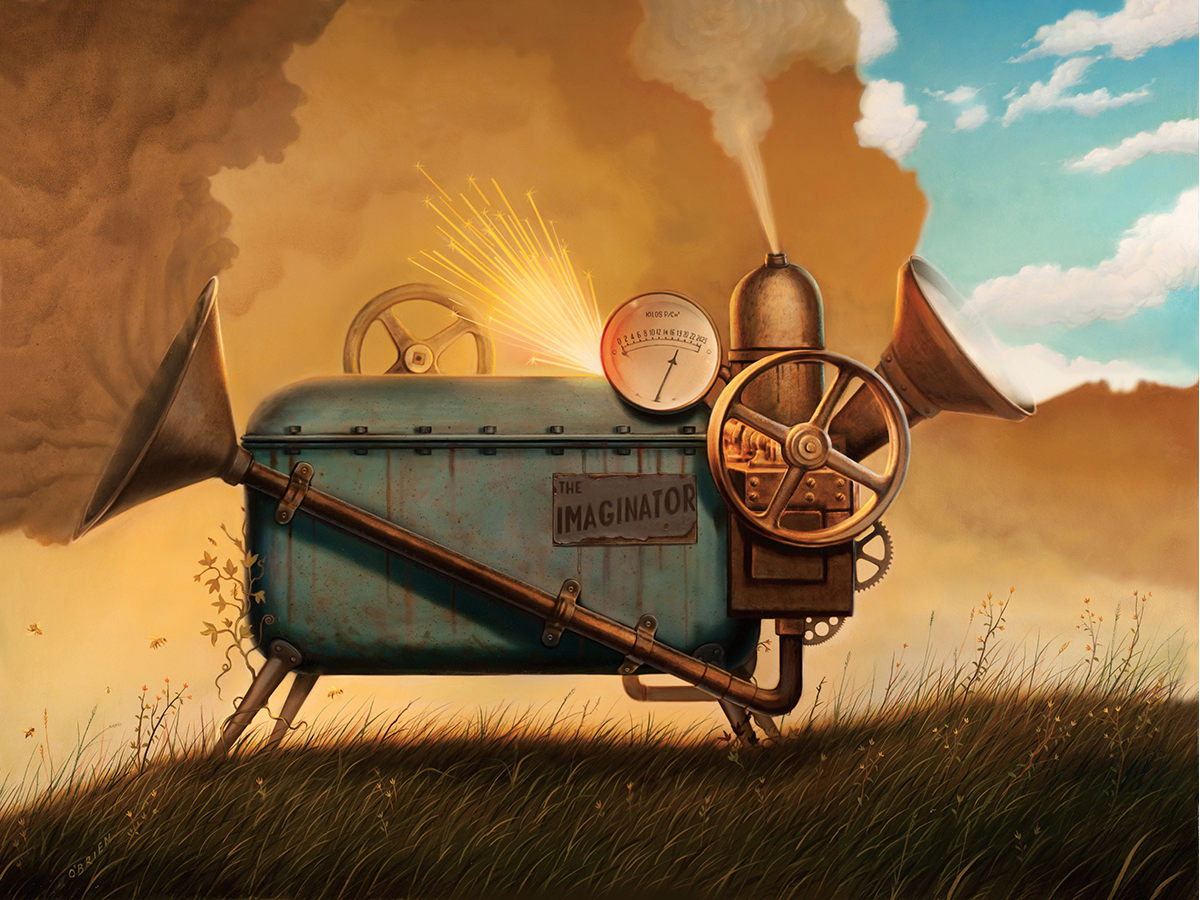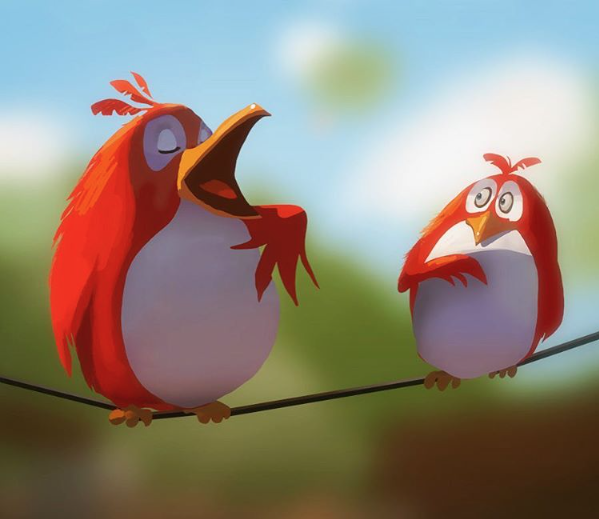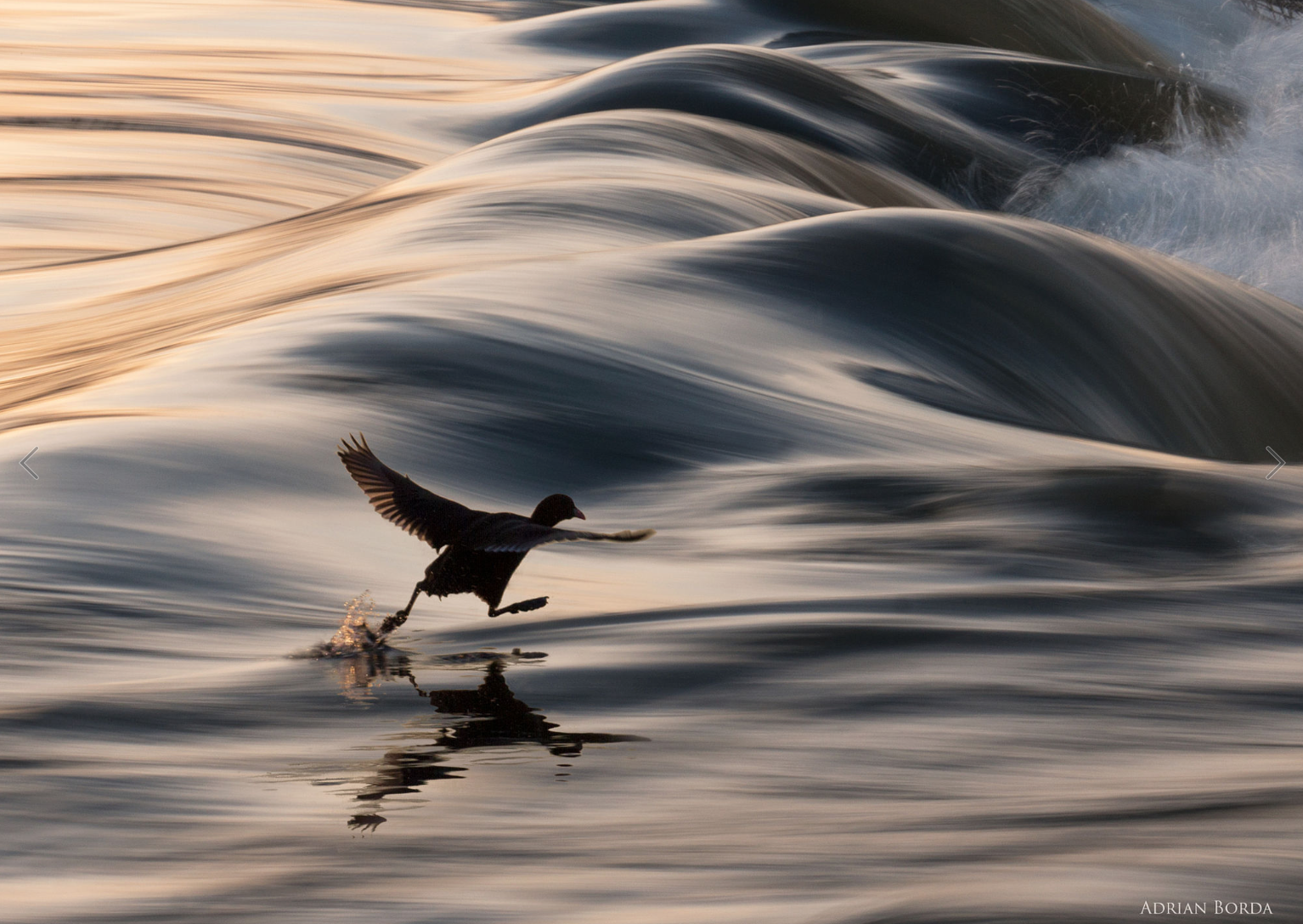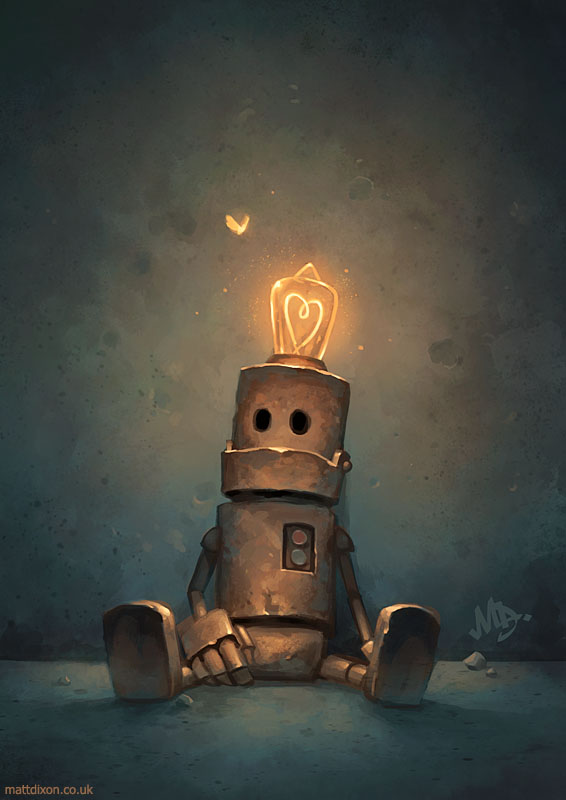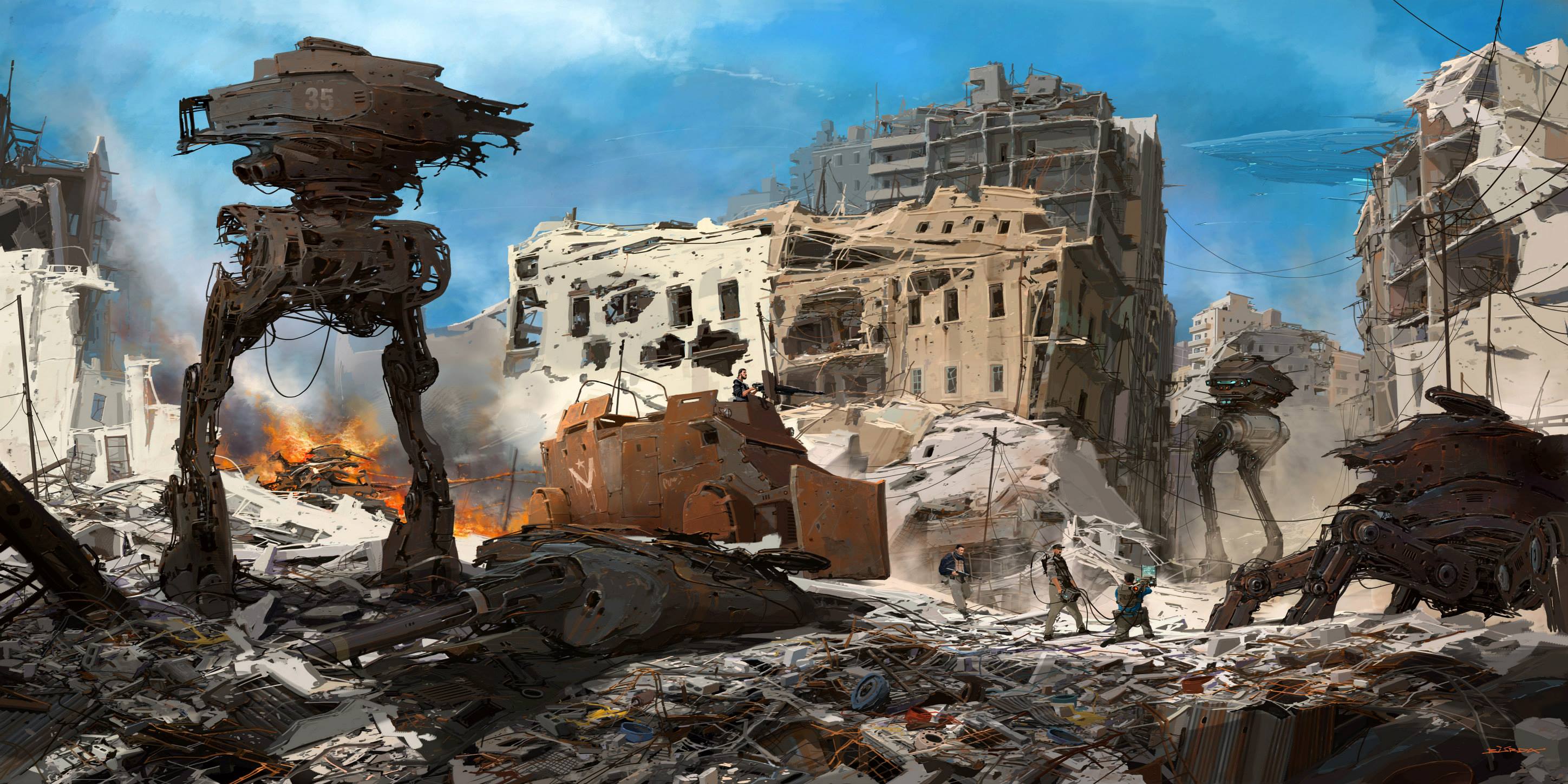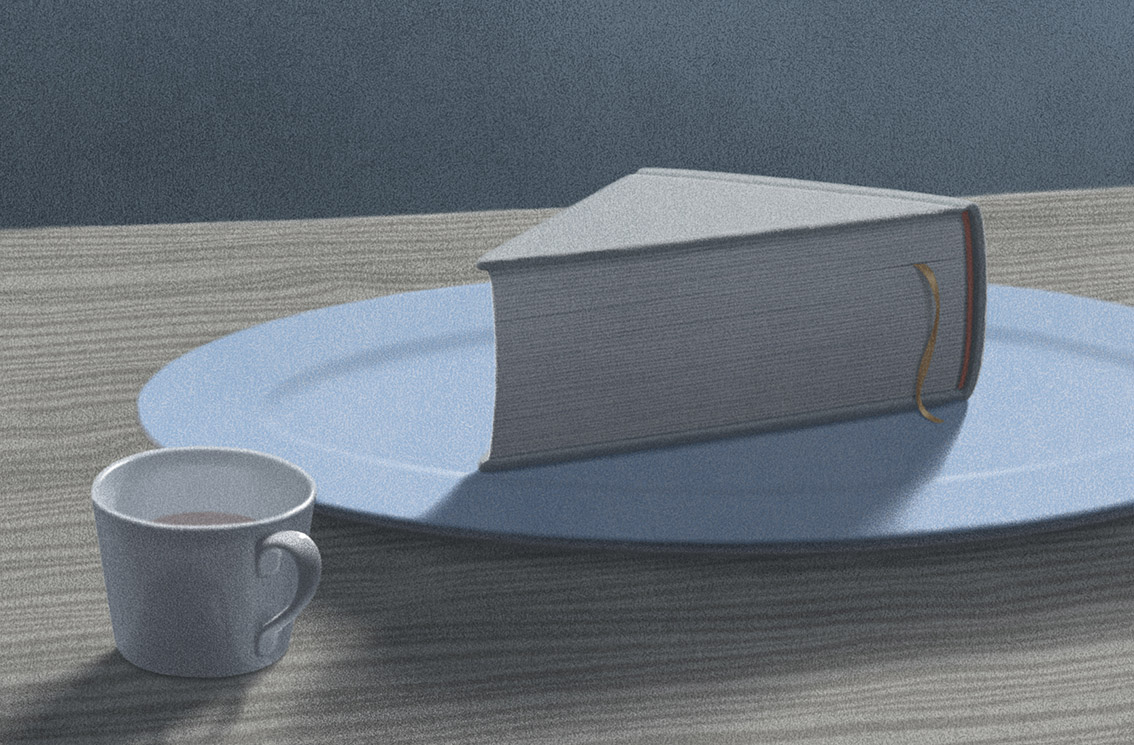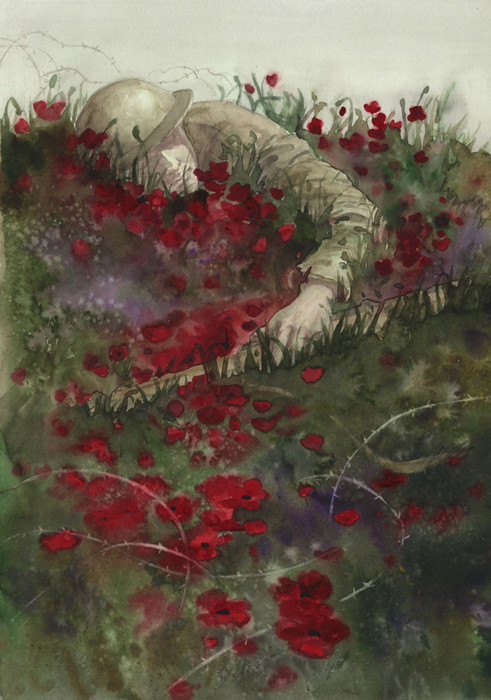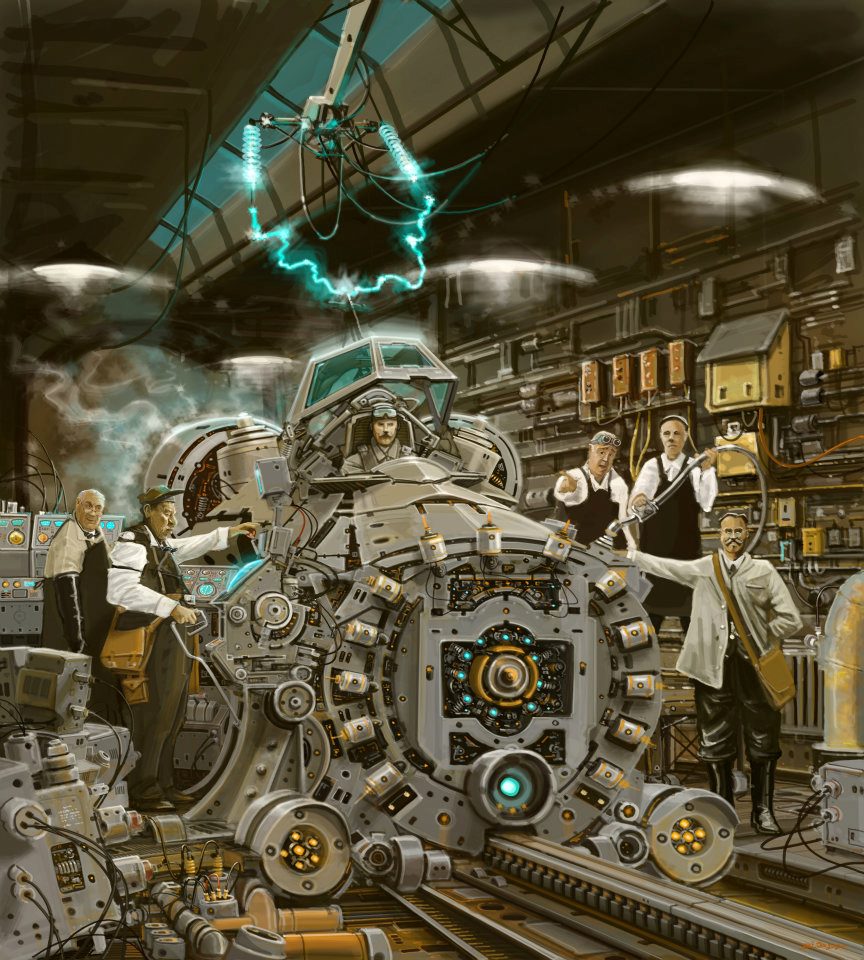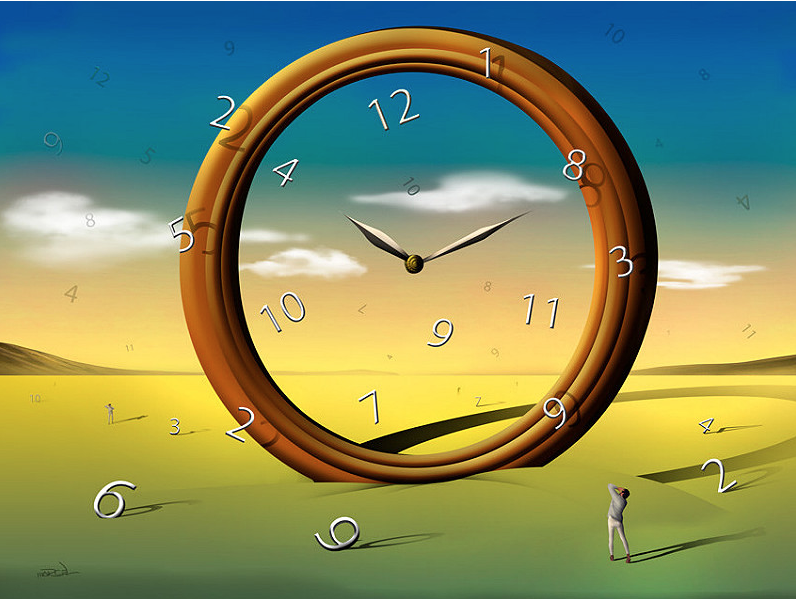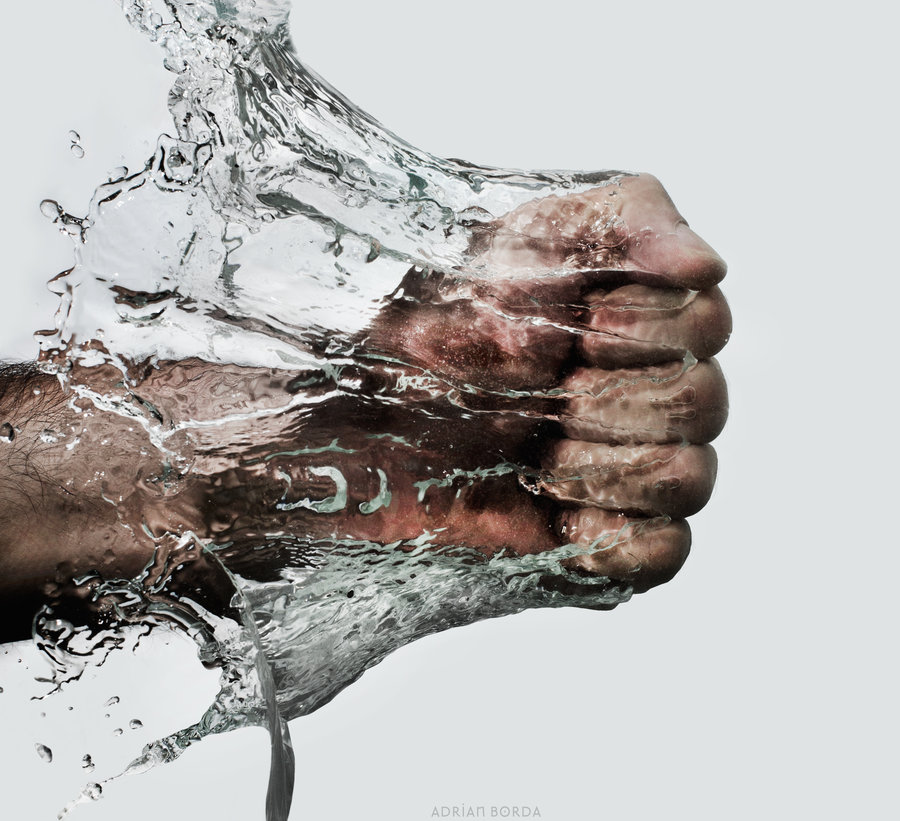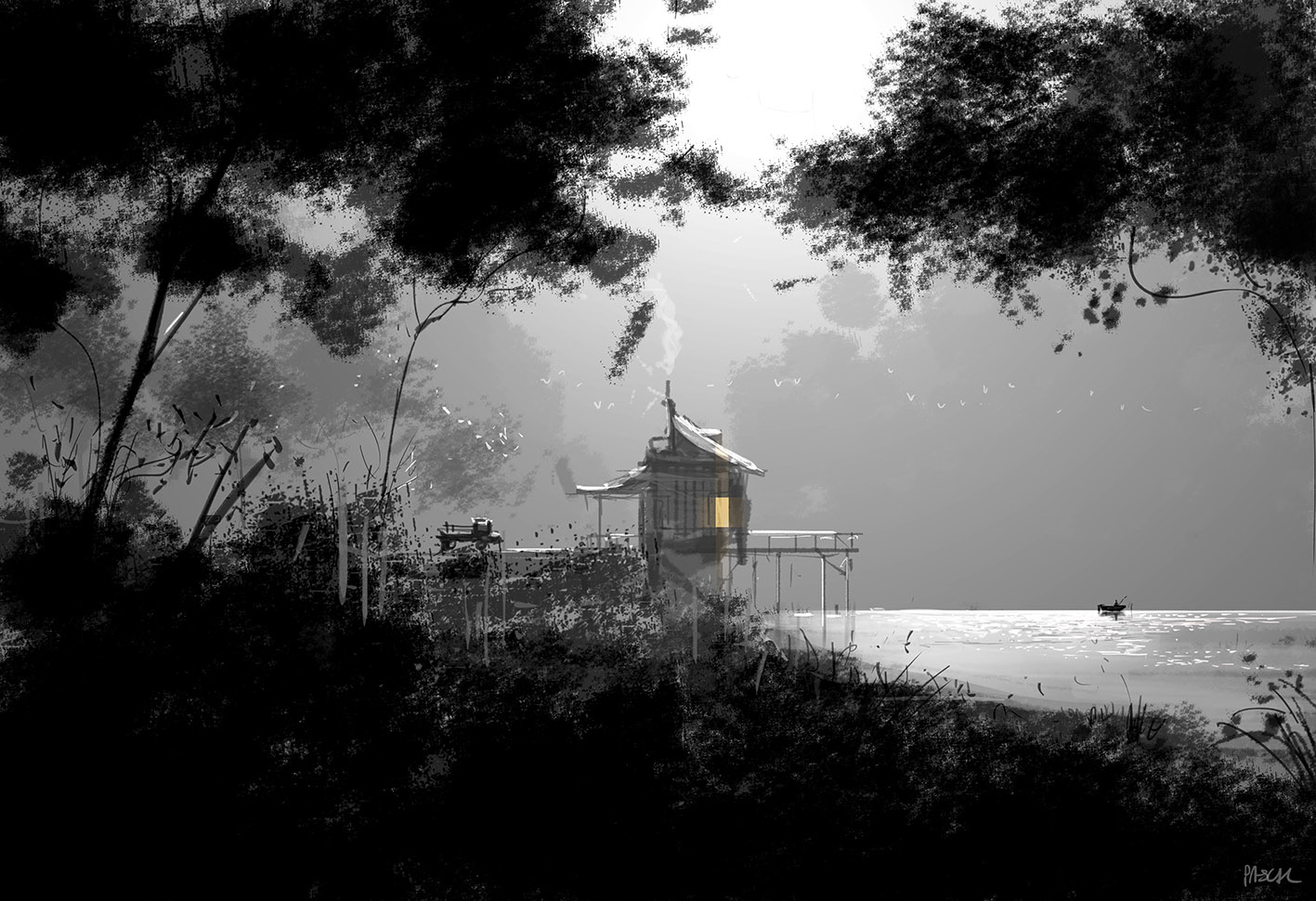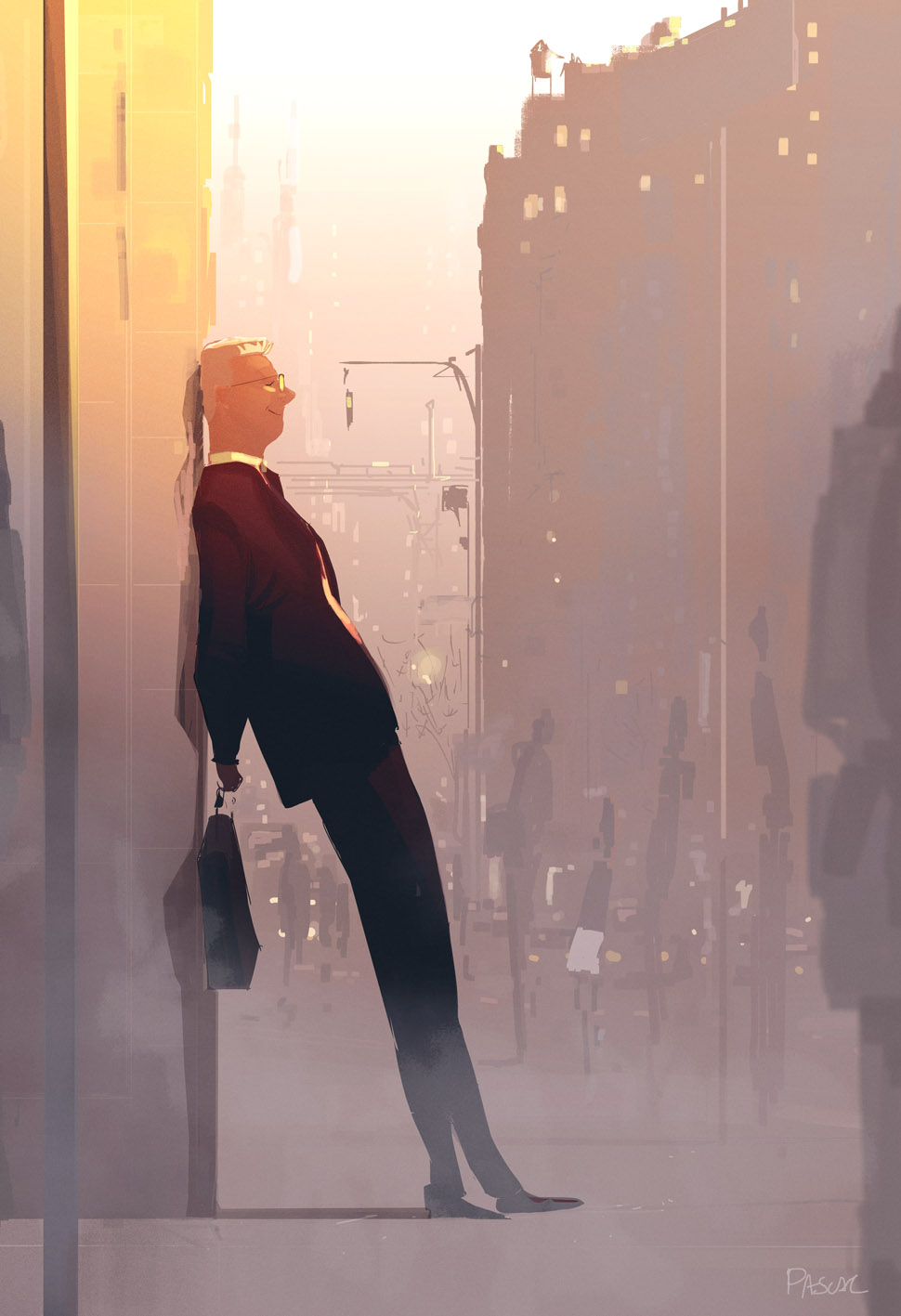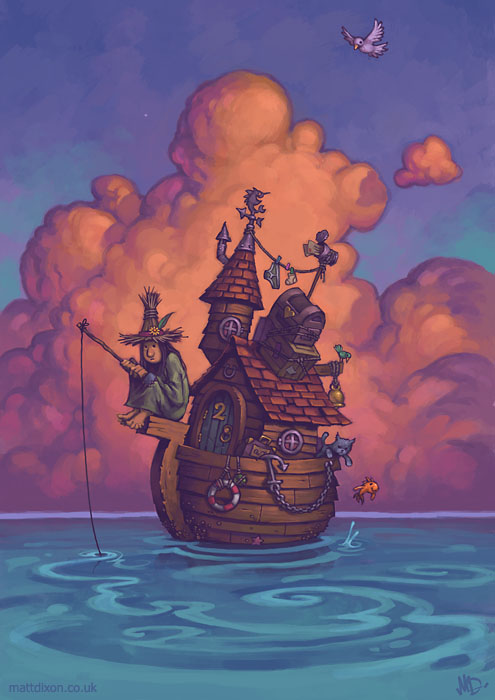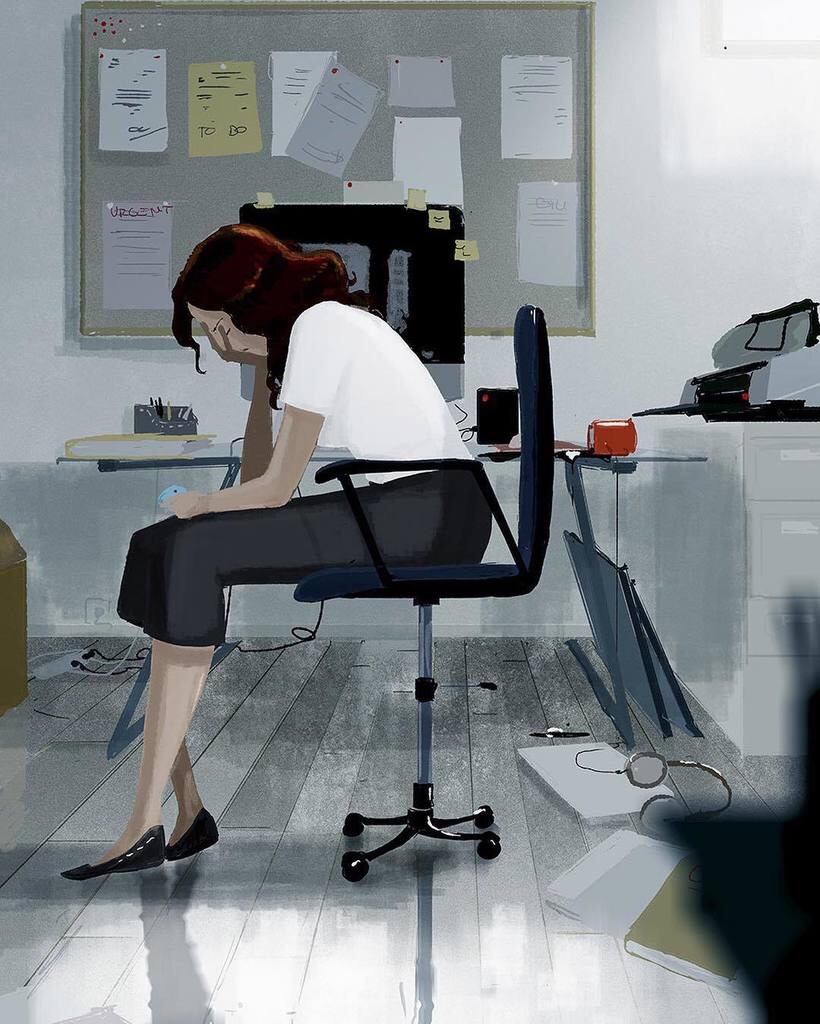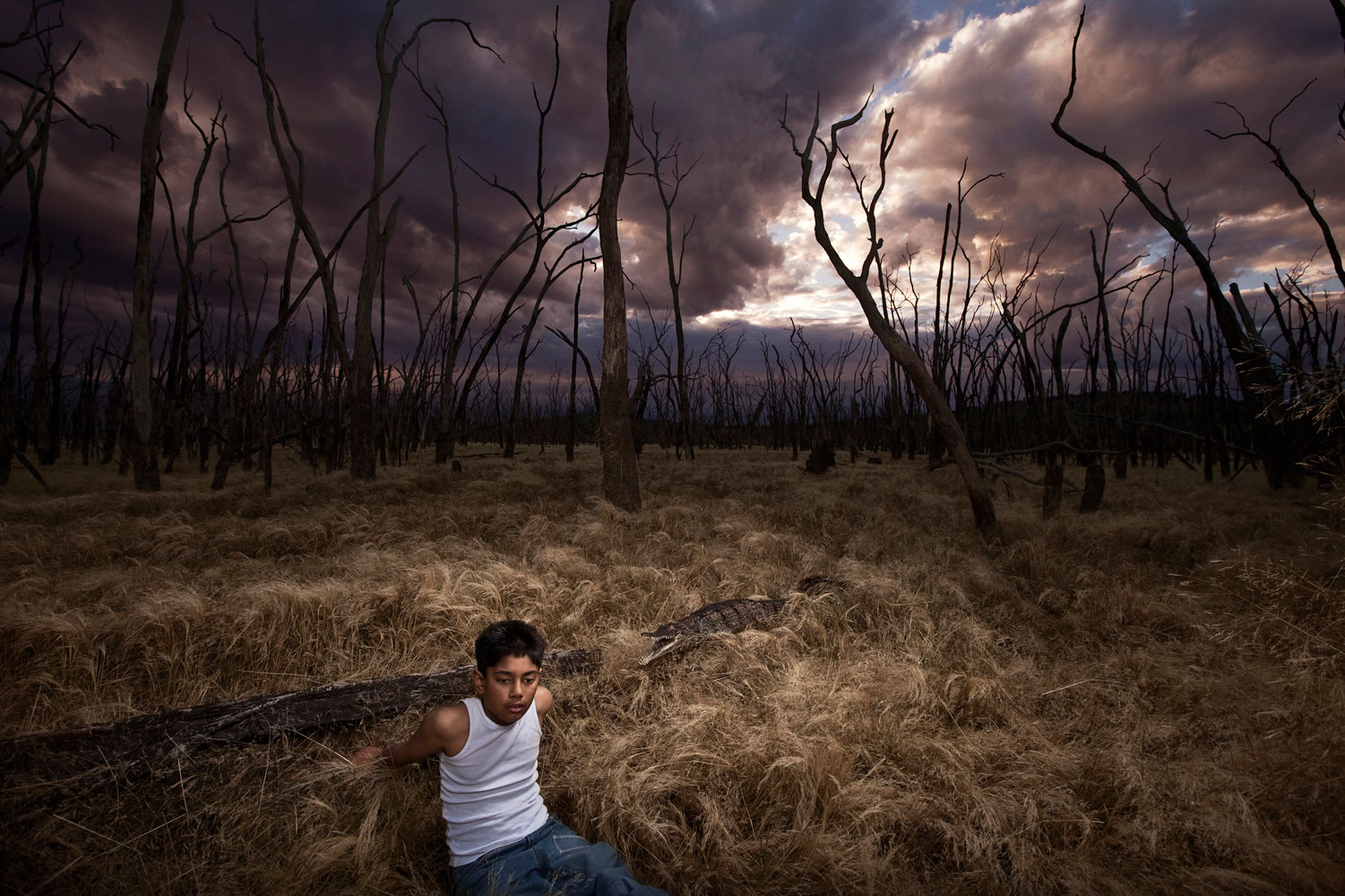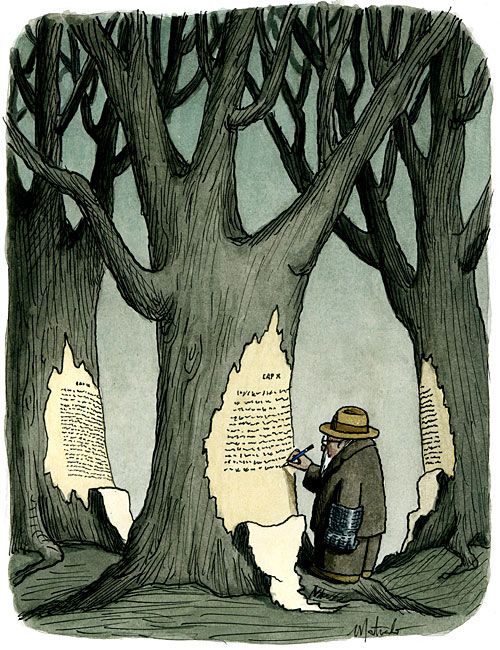This collection could have easily be called ‘The Thinking and Talking Collection’, but it didn’t sound as good. These images are brilliant for class or group discussions, or perhaps to send home. They introduce some deep concepts, such as time, the imagination, peace and conflict, confidence and self belief, and more. It’s a way to dip your toes in the waters of Philosophy for Children (P4C) [find out more here], and really challenge your learners to think more deeply about things beyond the curriculum.
The Thinking Collection
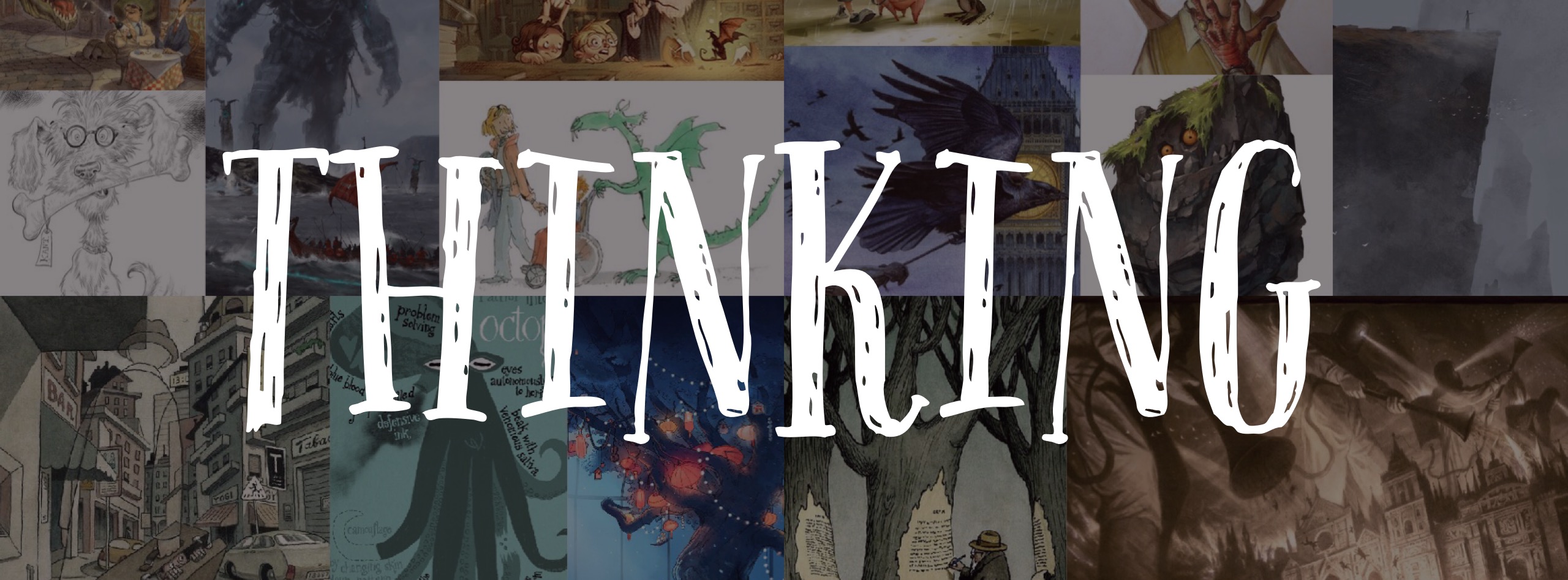
THE IMAGINATOR
Credit: Tim O’Brien
- Why is imagination important? What can we do to keep the imagination active?
- Which of these quotes about imagination do you like best? Why?
- “Everything you can imagine is real.” – Pablo Picasso
- “Logic will get you from A to Z; imagination will get you everywhere.” – Albert Einstein
- “Stories of imagination tend to upset those without one.” – Terry Pratchett
- “Imagination is like a muscle. I found out that the more I wrote, the bigger it got.” – Philip José Farmer
- “Imagination is the only weapon in the war against reality.” – Lewis Carroll, Alice in Wonderland
- “When I read a book, I put in all the imagination I can, so that it is almost like writing the book as well as reading it – or rather, it is like living it. It makes reading so much more exciting, but I don’t suppose many people try to do it.” – Dodie Smith, I Capture the Castle
SONG
Credit: Goro Fujita
- What is the bird on the left doing? How do you know?
- Do you think that the bird’s song is good or bad? Why?
- Does that bird often sing?
- What is the bird on the right thinking? What might it say when the other bird has finished singing?
- Which bird is more confident?
- Which bird do you best relate to?
- Have you ever been in a situation like this one?
I BELIEVE I CAN
Credit: Adrian Borda
- What is happening here?
- Is the bird walking on the water? How? Why?
- Is this bird special? Can it fly?
- Do you think this is the first time the bird has walked on water?
- The title is ‘I Believe I Can’. If the bird doubted itself, do you think it would still be able to walk across the water?
- How important is self belief?
- Have you ever ‘failed’ because you lacked confidence?
- Have you ever succeeded because you believed you could?
- What does failure feel like? What about success?
- How do you overcome failure?
- Has anyone ever achieved something other people thought to be impossible? What qualities did they have?
PATIENCE
Credit: Matt Dixon
- What is the robot doing?
- Is it looking at the moth?
- Why is the light bulb on his head lit up? Has he had an idea?
- Is the shape of the wire inside the lightbulb important?
- Does this robot have any friends or family?
- Can he feel emotions? If so, how do you know? Which ones?
- How do you feel towards the robot? Why?
- Why is this image called ‘Patience’?
- Talk/write about a time when you had to be patient. How did it feel? Was it worth it? Is being patient a good thing?
A BALANCED DIET
Credit: Jungho Le
- Why is the book shaped like this?
- What message do you think Jungho Le wanted this picture to have?
- Write a sentence about this picture using a simile or metaphor.
- Can you consume books?
- Do you have a balanced reading diet?
- Which genre is your favourite?
- Is it important to read a variety of texts? Does reading ‘broaden the mind’?
- How can you encourage yourself – and others – to read a range of fiction and non-fiction?
REMEMBRANCE
Credit: Jen Betton
- What can you see in this picture?
- What do you think has happened?
- Why is the fallen soldier painted in pale shades of colour?
- Why are there poppies growing?
- What do you think the poppies represent? Could they represent more than one thing?
- Discuss the contrast between the barbed wire and the poppies.
- What is ‘remembrance’?
- Why is important to remember events from the past?
- Why do we hold a silence to remember events? What if we don’t remember anything of the event (if we weren’t alive at the time)? What should you think about during a minute/two minute silence?
- Why do people wear poppies?
- What can we learn from the events of World War One? What can we apply to our own lives today?
TIME MACHINE
Credit: Burda
- Without showing the title – What is this? Where is this? Describe the image and explain what’s happening.
- Share the title.
- Is this what you thought a time machine would look like? Why/why not?
- How does it work?
- How long did it take them to build it?
- Why are there so many people in the image? What are their roles?
- Is this the first time machine?
- How does the man inside the time machine feel? Has he had special training? How was he selected for this job?
- When (in time) is he going to travel to? Why?
- If you could use a time machine, which period in history would you most like to travel to and why?
- If you could use a time machine to change an historical event, which would you change and why?
- If you could use a time machine to meet a person from the past, who would you like to meet? What would you ask them?
TEMPO AO TEMPO
Credit: Marcel Caram
- What are the people doing?
- Why aren’t the numbers on the clock?
- Where did it come from?
- What is the meaning behind this picture?
- What is time?
- Is time the same for everyone?
- What does it feel like when time passes? Is it always the same?
- Is time a good or bad thing? Why?
- Do the past and the future exist? How do you know?
- Is time travel possible? Will it ever be? Does that mean it always has been?
- What does ‘forever’ mean? Link to ‘How to Live Forever’ by Colin Thompson.
WE ARE THE RESISTANCE
Credit: Borda
- What is resistance? What does it mean to resist something?
- How does this photograph illustrate resistance?
- We also use the term ‘resistance’ in Science (e.g. air resistance, water resistance). What do you know about these forces?
- Can you think of – or find out about – any examples of people resisting something? Are there any famous examples? [WWII, Rosa Parks]
- Have you ever resisted something?
- Is resistance a good or bad thing? Try to think of arguments for both sides.
- Role play a scenario where it would be right to resist something, and then where it would be wrong to resist something.
NEEDS
Credit: Pascal Campion
- Describe this setting. What is the focus? Can you look further to find something you didn’t see at first glance?
- If you were to use this setting in a story, what type of story would it be? Why?
- Why did Pascal Campion choose to only use colour in the window of the building?
- Why do you think Pascal Campion gave this image the title ‘Needs’?
- What do people need? What do they need the most?
- Is there a difference between a ‘need’ and a ‘want’?
- Do you have everything you need? Do you have everything you want? How do you feel about this?
THE SUNSHINE BREAK
Credit: Pascal Campion
- How is the man feeling? Why?
- Why has he stopped here? Why now?
- Do you think he often does this?
- What might the other people around him think? Does he care?
- Do people enjoy breaks more if they are usually busy? Discuss.
- Describe the feeling of sunlight shining on you.
[Pascal Campion writes: ‘Everytime I walk through a ray of light, it feels warmer on my skin and literally makes me happy. It’s instantaneous… like a massage of the soul. Simple simple pleasures.’]
